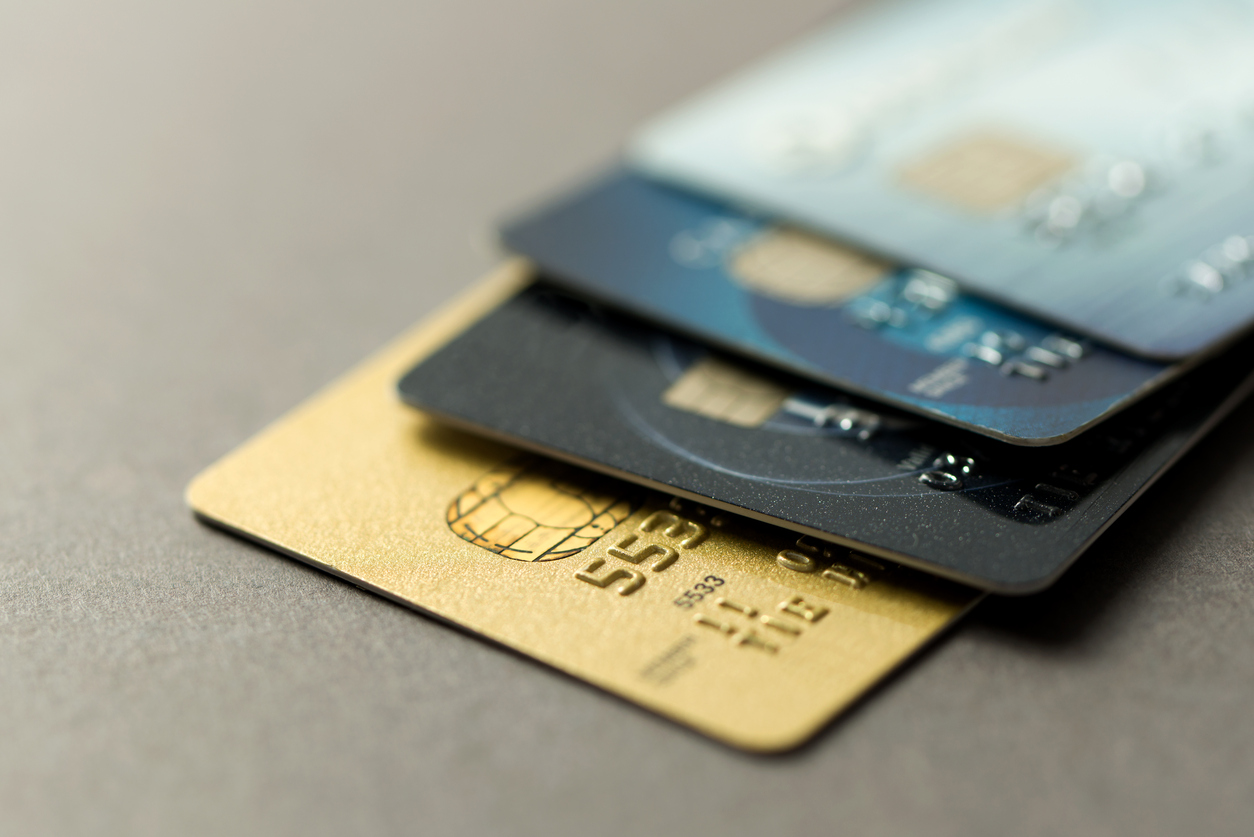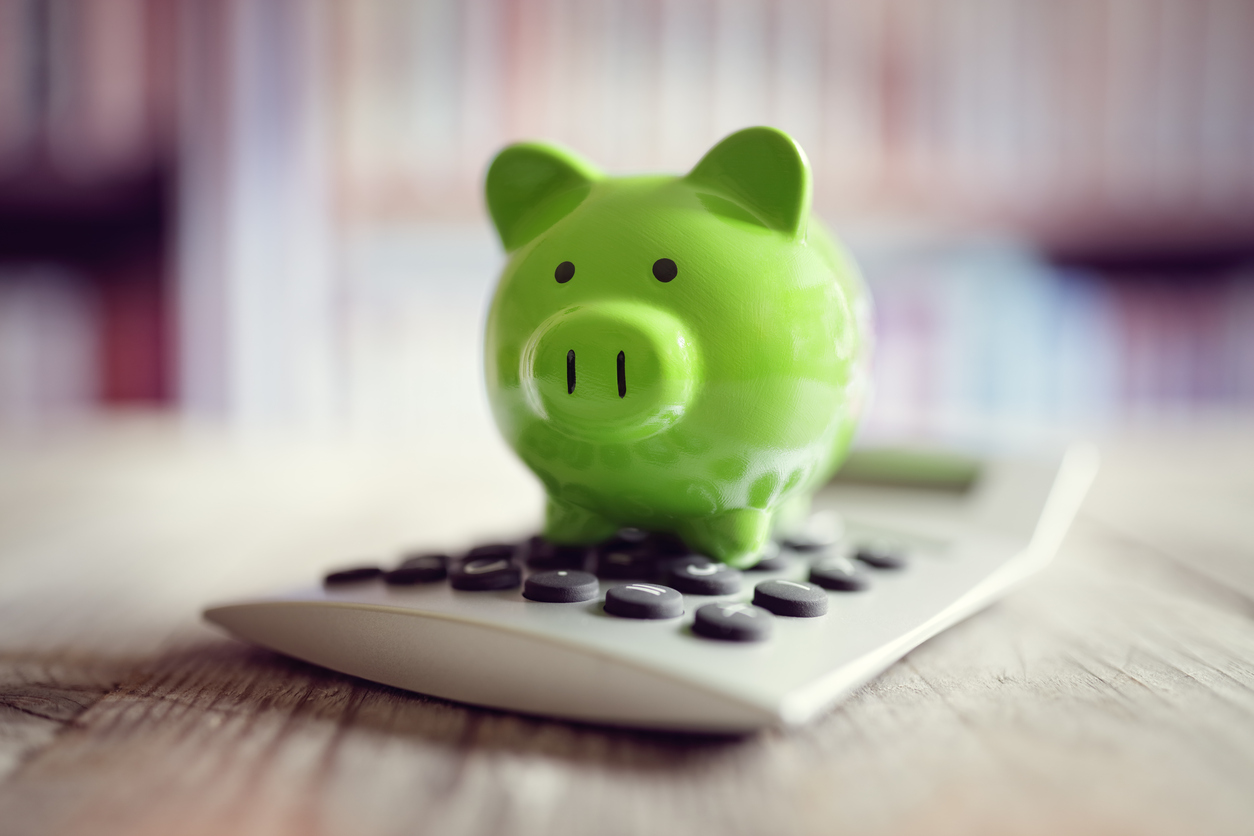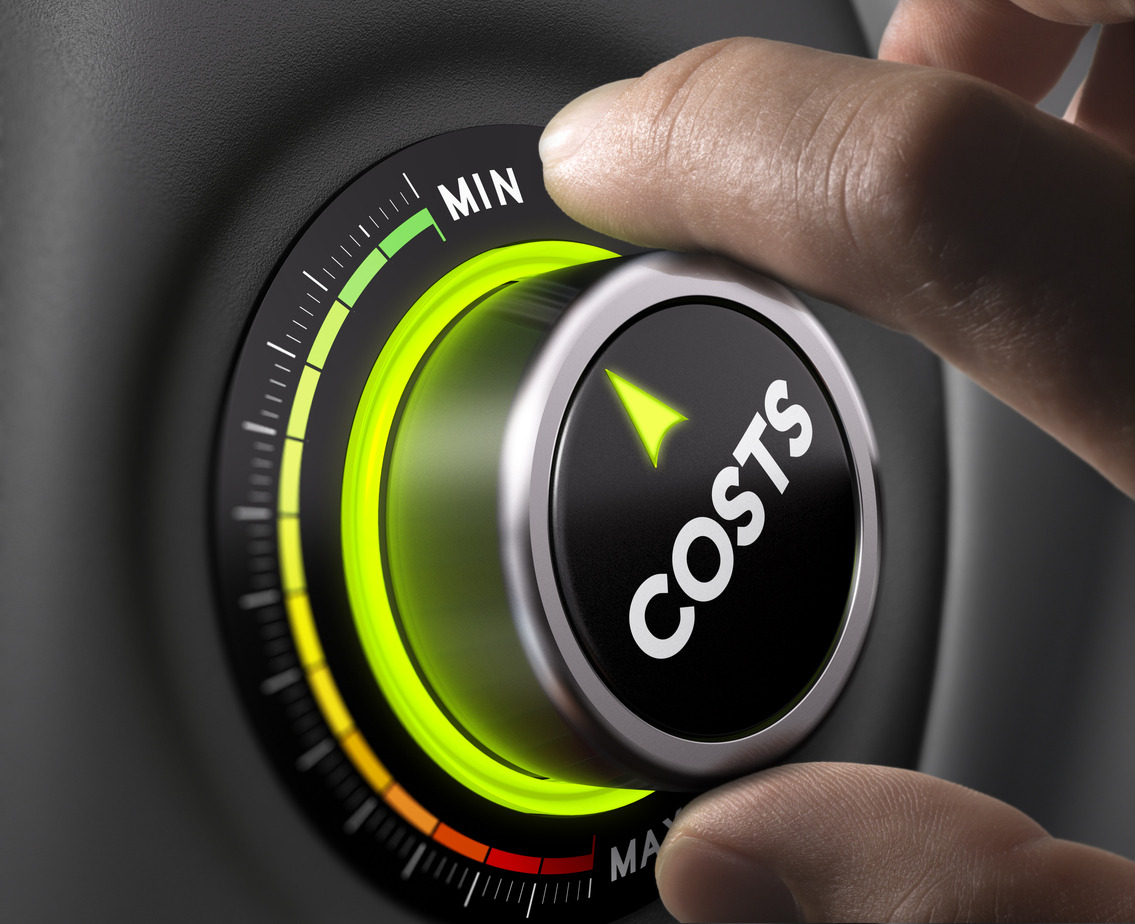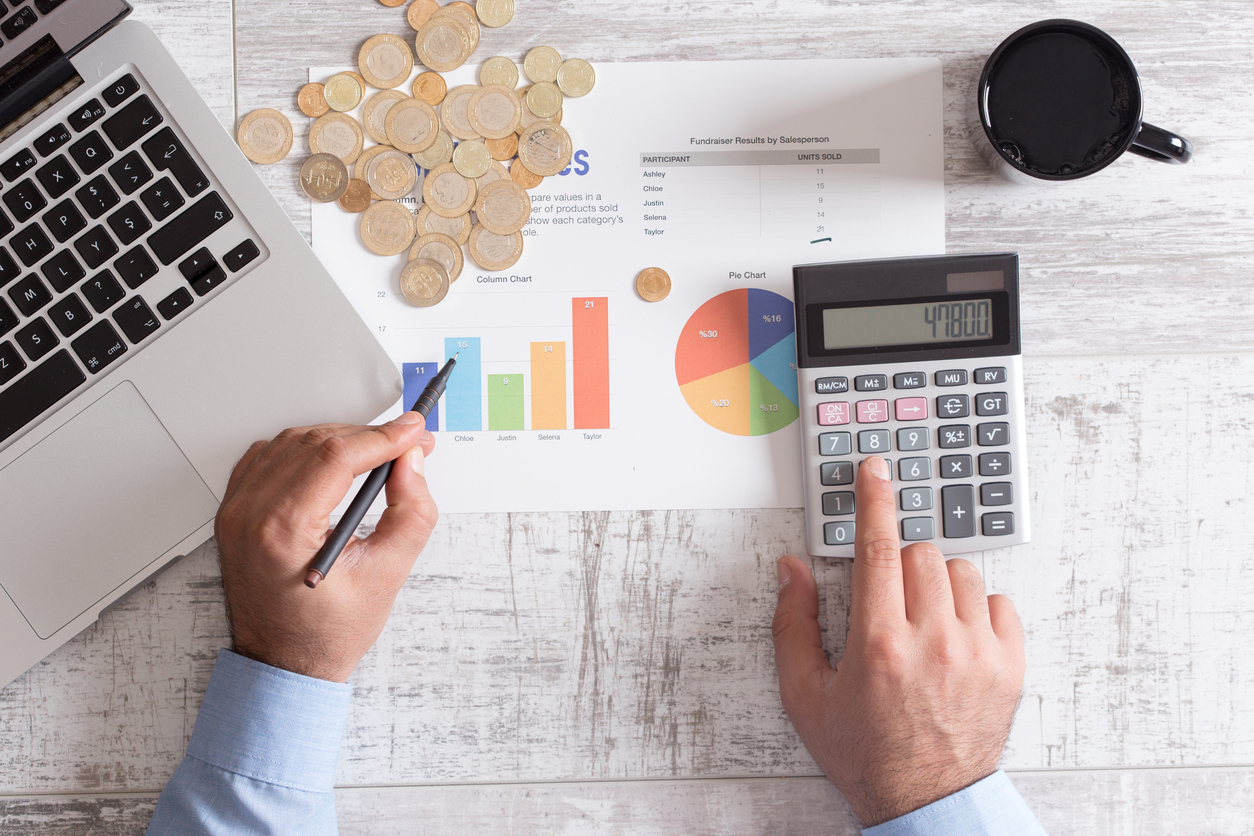- Pay down your debt

With the interest rates on credit cards, it makes sense to consider using any spare cash to reduce any outstanding balance on your credit cards – rather than injecting them into a savings account. And the best way to make inroads into your debts is to pay as little interest on your credit cards.
- Make the most of your savings

If you are fortunate enough to have no credit card or other unsecured debts that need paying off, then your main priority for any spare money at your disposal should be to put it into a financial instrument that offers a rate that is higher than the inflation rate. One such option is a Fixed Deposit account.
Even with Fixed Deposit, it is prudent to take advantage of the promotions offered by different banks.
- Cut down on expenses

While getting the best deals on your savings, loans and credit cards can help to reduce the strain on your finances, cutting your day-to-day expenditure can also have a massive impact.
Identify areas with the highest monthly expenses and try to reduce it. For example, if most of your money goes to petrol, toll and car maintenance, perhaps it makes sense to commute using public transportation more often.
Making use of loyalty cards at places you shop the most will help, too. If you always go to the same hypermarket for groceries, then a loyalty or co-branded credit card will help you save more.
- Invest intelligently

With all investments, higher returns means higher risk. However, letting your money languish in low-return financial vehicles may not be the best way to go.
Some of the common go-to investment vehicles for this purpose are mutual funds, real estate and stock market. However, just like any investment, thorough understanding of what you are investing in is needed before embarking on the investment.



